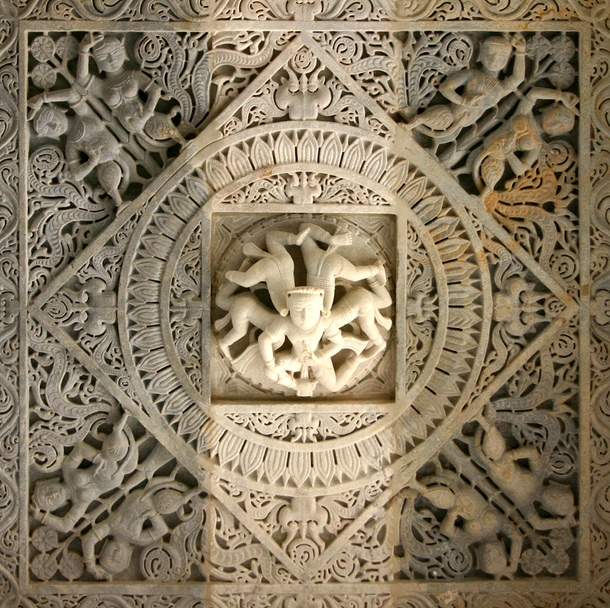
[W]hat I have to say about the nation has more to do with the history of Man… This issue has come to a stage when the moral man, the complete man, is more and more giving way, almost without knowing it, to make room for the political and the commercial man, the man of limited purpose. This, aided by the wonderful progress in science, is assuming gigantic proportion and power, causing the upset of man’s moral balance, obscuring his human side under the shadow of soulless organization. Its iron grip we have felt at the root of our life, and for the sake of humanity we must stand up and give warning to all, that this nationalism is a cruel epidemic of evil that is sweeping over the human world of the present age, eating into its moral vitality.
—Rabindrabath Tagore, “Nationalism in the West,” Atlantic Monthly, Mar. 1917, p. 291
It speaks well of Tagore’s genius that in the bloody last years of the Great War, as the destruction of great empires seemed increasingly likely and the great mass of Western intelligentsia focused their hopes on the reshaping of the world into nation-states, Tagore’s concerns were focused on the shortcomings of the nation-state. He saw this phenomenon in train, very clearly, but he also saw what it meant for the autonomy of the individual and for human development, particularly as nation-states strained towards never fully realizable security goals. “A nation, in the sense of the political and economic union of a people, is that aspect which a whole population assumes for a mechanical purpose… It is merely the side of power, not of human ideals.” Tagore is not an idealist who rejects the idea of the nation-state. He fully recognizes it as a phenomenon which has arrived on the world stage, and, moreover, as one which offered hope for an India struggling to free itself from the colonial yoke. But he appreciates the shortcomings of the cult of nationalism, particularly for the intelligentsia. Too easily the needs of the nation will be understood to sink the hopes for the individual; too often the engines of state power choke art, education and freedom of expression. “I am anticipating,” he writes, and indeed, Tagore is viewing very clearly phenomena that would not manifest themselves fully on the world stage for several more decades (but then, he writes returning from a visit to Japan, from which the future was more readily apparent).
“Success is the object and justification of a nation, while goodness only is the end and purpose of man,” Tagore writes. Are these words of political naïveté and religious mysticism? The political realist will incline to see them that way. Yet the internal truth of this observation is powerful. Around the world today humans are seen as means to a political ends pursued by the guardians of nation-states, particularly in the context of concerns about national security which so frequently are driven to the point of hyperventilation. This process is, just as Tagore warns, the victimization of the individual in the face of the apparatus of the state, ever encroaching on the freedom of the individual to achieve its illusion of security. Battling this process requires liberal education, critical thought and the ability to penetrate the frauds ever fomented by those at the helm of national power. That is the essence of Tagore’s criticism, one of the most insightful advanced by any philosopher writing in his age.
Listen to a performance of Tagore’s song All Over the World Flows the Stream of Joy (Anondo Dhara Bohiche Bhubonen) (1893), sung by Srikanto Acharya with tabla and sitar accompaniment. The text appears in Bengali, an English translation would be:
All over the world flows the stream of joy.
Night and Day, in the sky, much nectars deploy.
The stars drink the glow with folded palms.
The eternal light, always stay bright and calm.
The globe is continually full of life and ray.
Why are you sitting detached?
Why are you so self-centered?
Open your heart and look all over.
Ignore the? small pains as minor.
Fill the empty life with love and care.
All over the earth flows a flood of joy


